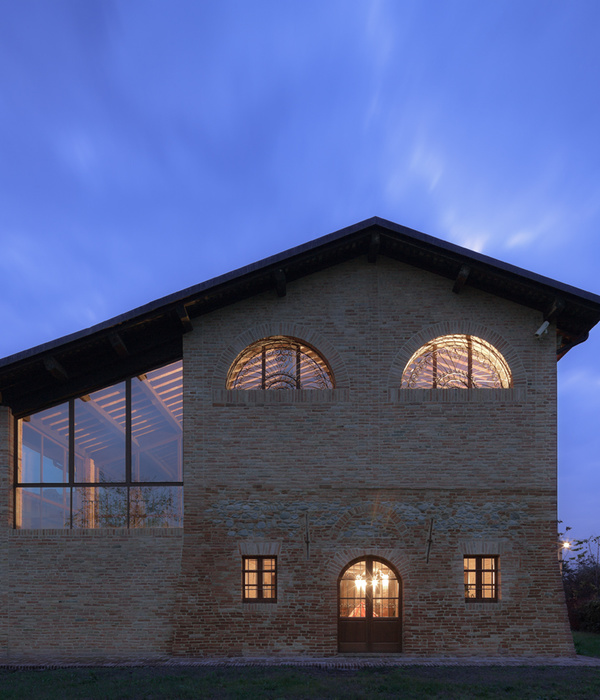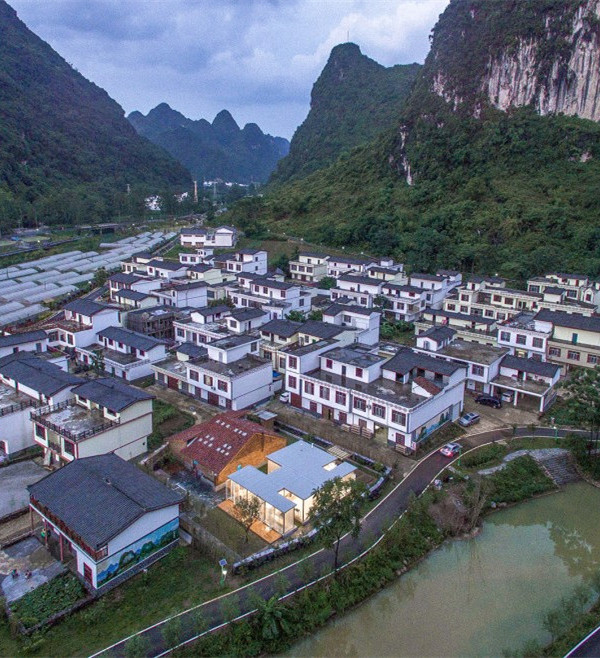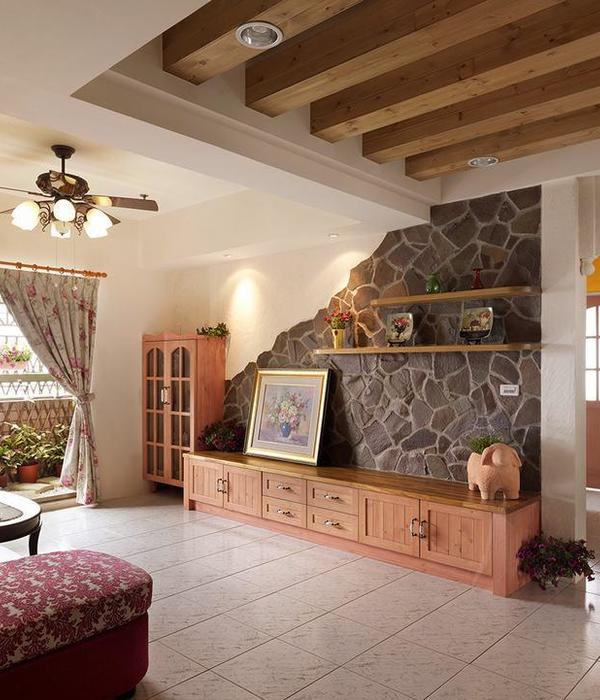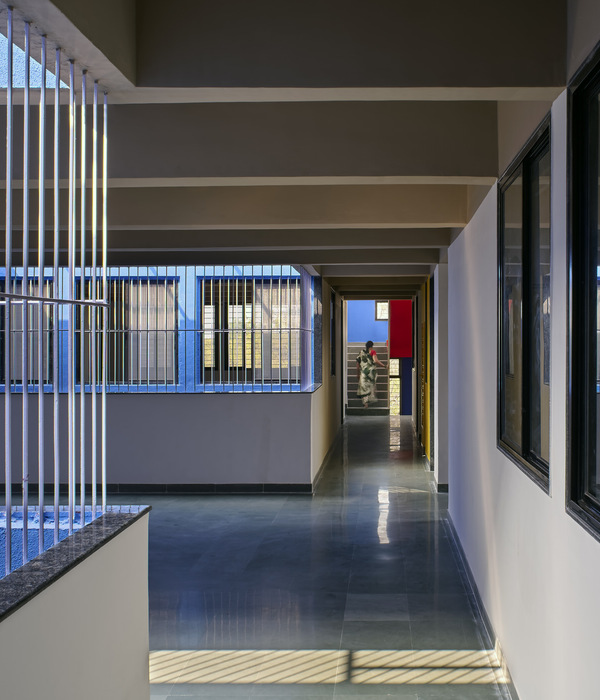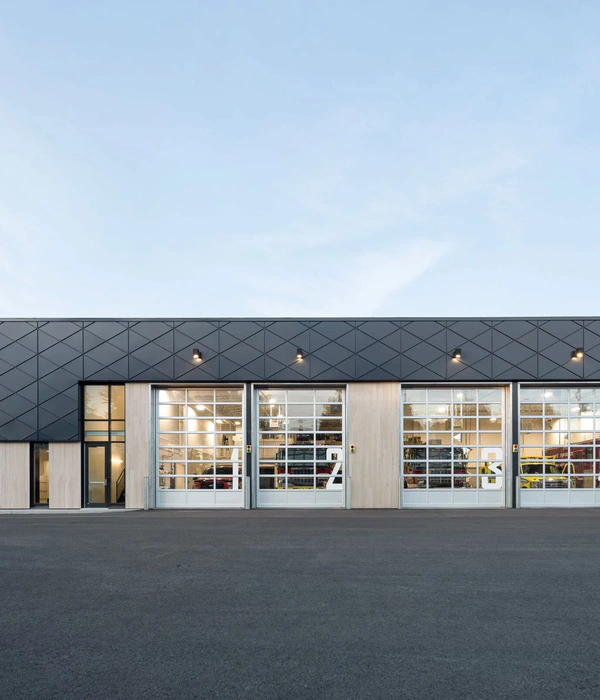Cancer cases and deaths in India have doubled from 1900 to 2016, and one of the main reasons for that staggering statistic is the lack of access to cancer treatment. The Tata Medical Center was created to change this reality, acting as a beacon of hope for patients in India and across Southeast Asia. Already, clinical research done by the center’s Senior Pediatric Consultant and Director of Translational Cancer Research has increased childhood cancer survival rates in Kolkata from 65 percent in 2014 to 80 percent in 2019.
Almost immediately after the center opened phase one in 2011, the demand for its services far outweighed the capacity of its 150-bed hospital and outpatient facility. The director of the medical center, Dr. Mammen Chandy, stated the center had to turn away 30 percent of patients because of lack of space and that some patients waited two months for surgery. The second phase, which opened in early 2019, added 240 beds as well as an education block for visiting faculty and students, making it a prominent academic medical research center.
Both phases were designed to improve the patient experience, bearing in mind people would be traveling from all over the region to receive potentially life-saving treatment. The natural progression from public to private spaces through the use of courtyards and outdoor “hallways” gives the hospital a campus feel, uplifting the spirits of pediatric and adult patients as they cope with the physical and psychological stresses of a cancer diagnosis.
The outdoor spaces and courtyards are frequented by patients, visitors, doctors, and staff looking for a moment of respite. Because many family members come to d assist with care, waiting rooms were made larger to accommodate these groups along with family spaces in patient areas for those staying for long periods of time.
Tata’s commitment to providing care for all patients—more than 50 percent of the hospital’s inpatient beds provide free treatment—makes it a critical changemaker in providing early cancer detection and access to treatment in this rapidly changing part of the world.
▼项目更多图片
{{item.text_origin}}


